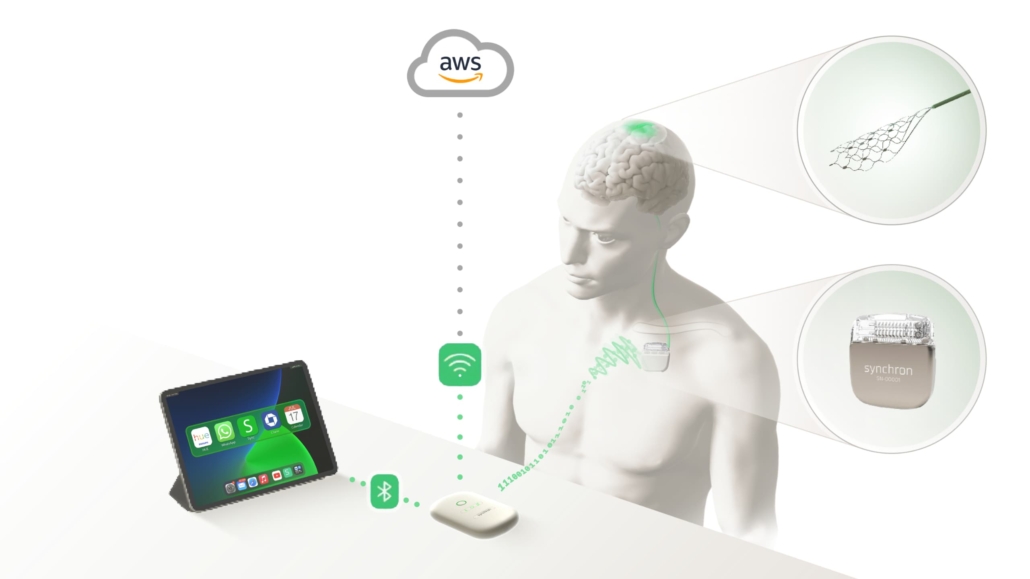Synchron integrates generative AI into brain-computer interface platform
Neurotechnology firm Synchron has announced the incorporation of OpenAI’s generative artificial intelligence (AI) into its brain-computer interface (BCI) platform, introducing a novel chat feature. This integration aims to enhance the capabilities of Synchron’s BCI technology, enabling individuals with severe paralysis and loss of upper limb mobility to interact with digital interfaces through thought alone.
Enhanced functionality for severely paralysed users
The newly integrated chat feature, powered by OpenAI’s advanced generative AI system, is designed to generate automated prompts for texting and chatting. These prompts are categorised by contextual inputs, including the user’s emotional state, reflecting Synchron’s commitment to patient-centred innovation in neurotechnology.
Tom Oxley, CEO and Founder of Synchron, emphasised the significance of this development: “Our users have lost the ability to make choices due to neurological disorders. Generative AI can offer predictions that are contextual to your environment, and the BCI enables individual choices to be made.”
Oxley further stated: “BCIs preserve and extend a fundamental human right: the freedom of expression. We take our autonomy for granted, until it is gone. This is a pivotal moment at the convergence of powerful technologies that can restore lives.”

The Stentrode™ Endovascular Electrode Array.
Technical aspects of Synchron’s BCI
Implantation procedure
The Synchron BCI is implanted in a blood vessel on the surface of the motor cortex via the jugular vein, utilising a minimally-invasive endovascular procedure. Once in place, the device is designed to detect and wirelessly transmit motor intent from the brain, with the aim of restoring the ability of severely paralysed individuals to control personal devices using hands-free point-and-click technology.
Integration with OpenAI
OpenAI’s multimodal GPT generates content across text and audio, facilitating more natural, real-time human-AI interactions. This capability is particularly crucial for individuals with neurological disorders who may struggle to generate complex responses contextual to their environment. Synchron has stated its commitment to continually assess state-of-the-art large language models (LLMs) that best suit the needs of their BCI users.
Importantly, Synchron has clarified that it does not share BCI users’ brain data with OpenAI.
Potential impact on users
The updated BCI platform offers users the ability to text more efficiently, with faster response times and natural conversational speeds. These advancements are expected to benefit a wide range of users, including those with upper limb mobility impairment and other neurological conditions.
Mark, an individual living with amyotrophic lateral sclerosis (ALS) who is currently using Synchron’s BCI platform, shared his perspective: “As someone who will likely lose the ability to communicate as my disease progresses, this technology gives me hope that in the future I’ll still have a way to easily connect with loved ones. This will be a game changer.”
Synchron’s mission is to develop a first-in-class commercial BCI to enable millions of people worldwide with upper limb impairment to connect with the world. The integration of generative AI into their platform represents a significant step towards achieving this goal.
- For more information about the Synchron BCI and their registry, visit
https://synchronbci.com.


